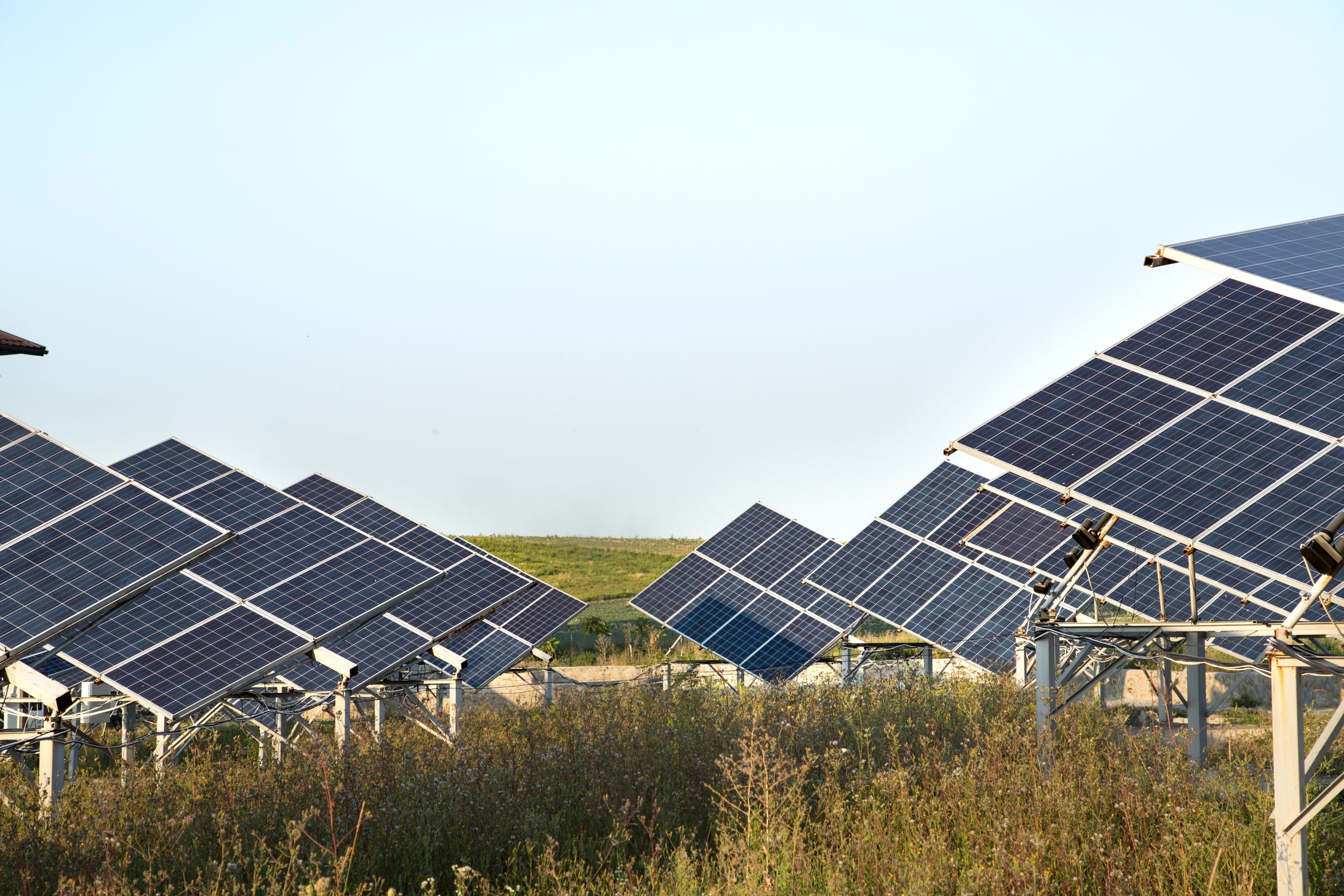


The shift to renewable energy is revolutionizing the way power systems work — but with that revolution comes complexity. With the increasing demand for clean electricity throughout the Middle East comes the need for systems that can balance intermittency and provide constant power. Enter Battery Energy Storage Systems (BESS), a game-changing solution to strengthening grid stability in the age of renewables.
Solar and wind energy have emerged as the pillars of sustainability policies in the UAE, Saudi Arabia, and the broader GCC. Yet their intermittent character poses a challenge. Solar panels produce power only when the sun is out, and wind turbines spin only when the wind is blowing.
This diversity stresses traditional grid infrastructure, which tends to be designed with centralized, fossil-fuel-dominated generation in mind. Without careful balancing, it can result in power outages, frequency disturbances, or energy waste.
Battery Energy Storage Systems provide a brainy, modular solution to the issue . This is done by banking excess energy at times of maximum production and reclaiming it during periods of heavy demand or thin supply.
BESS improves grid reliability by performing several functions:
Essentially, Battery Energy Storage Systems serve as shock absorbers and grid amplifiers . Thus, providing a seamless supply of electricity — even when renewable inputs are unpredictable.
A number of landmark projects across the region mark a turning point in the adoption of energy storage:
They’re a representation of the commitment the region is placing on not merely growing renewables— but on doing so while keeping the grid stable and sustainable as well.

The benefits of BESS go well beyond grid stability:
The Levelized Cost of Storage (LCOS) for a standalone BESS over a 25-year project lifespan is approximately 12.25 US cents per kilowatt-hour (kWh).When integrated with photovoltaic (PV) systems, the Levelized Cost of Electricity (LCOE) drops to 5.30 US cents per kWh over the same period.
Battery storage also plays a critical role in decentralized energy systems, including:
As the region invests in smart cities and decentralized power solutions, BESS will be central to creating scalable, reliable networks.
We partner with developers, utilities, and corporates at Clenergize to help ensure effective implementation of Battery Energy Storage Systems. Our offerings are:
Our experience ranges from utility-scale solar-plus-storage to commercial and industrial battery deployments throughout the GCC.
The growth of solar and wind energy in the Middle East is irreversible. But it needs to be balanced with solutions that protect grid reliability. Battery Energy Storage Systems are no longer on the experimental stage . They are a proven, profitable, and necessary part of the region’s clean energy equation.
Whether you’re a utility wanting to stabilize your grid, a developer in search of bankable solutions, or a business wanting to reduce costs and emissions, storage needs to be on your strategic horizon.
Contact Clenergize today to discuss how we can assist you in planning, financing, and executing BESS projects that provide long-term energy security and sustainability.